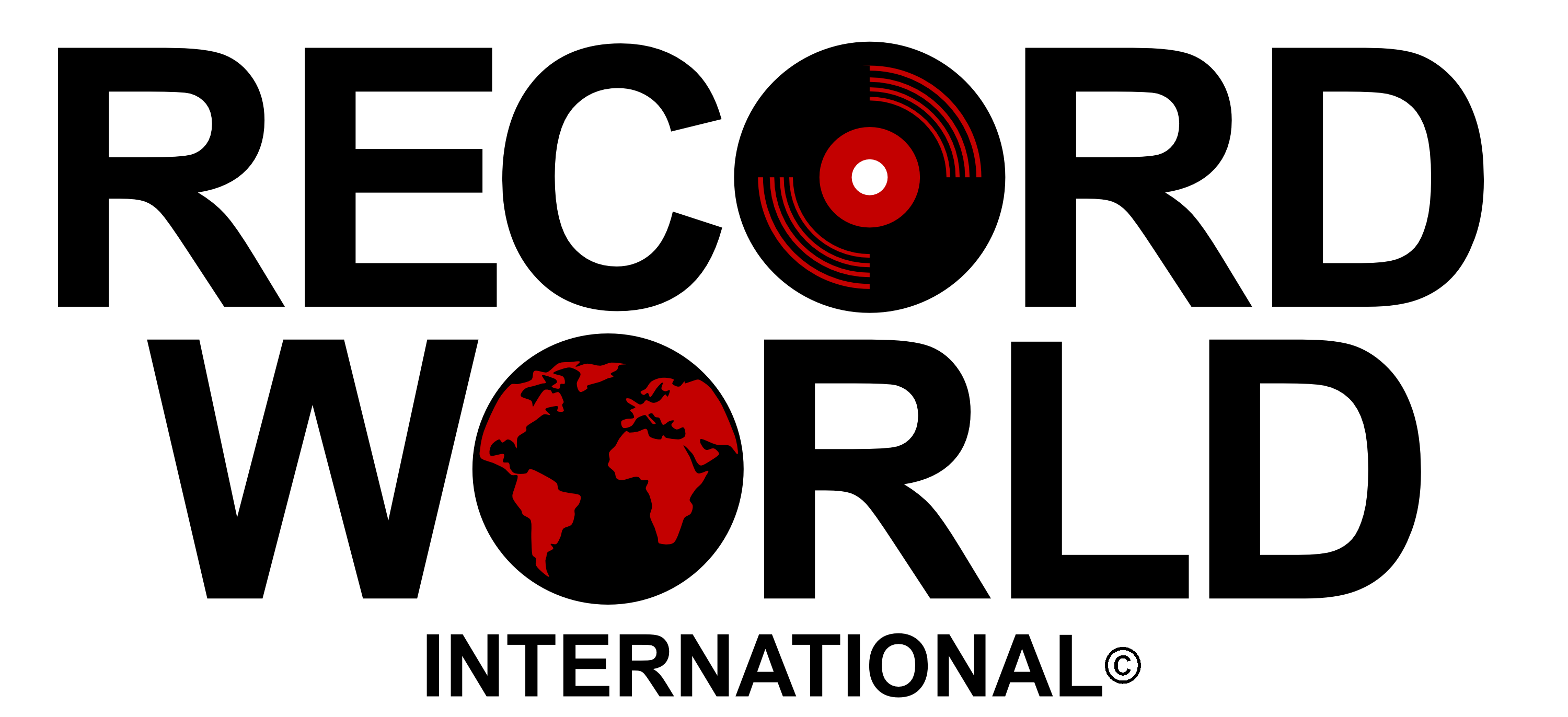You can treat the future as a daunting mystery to shrink from, or as a challenge to run toward with arms outstretched. Singer/songwriter and multi-instrumentalist Scott Albert Johnson opts for the latter on his current single, “Invisible,” a moving exhortation to jettison one’s fear of the unknown and bravely shoulder on through uncertain times, and now on over 60 radio stations across North America.
In a compelling, worldly voice that pinpoints his hopefulness as anything but youthful naïveté, Johnson lets us know he’s standing on the cusp of … well, something … and has made up his mind to find out what’s on the other side.
[I’m] staring at the invisible
I’m going to find a way to see
I’m looking straight ahead into the eyes
Of who I’m going to be
“With ‘Invisible’, I wanted to create a song that captured the nervous sense of foreboding that seems to be enveloping all of us right now,” Johnson says. “Between the rise of AI and similarly advanced technologies, climate change, and a seemingly intractable sense of ‘us against them’ in our own backyard, it’s easy to feel hopeless. In spite of the heavy subject, however, the song is ultimately about optimism emerging from darkness.”
Taken purely as music, the track is sweet vindication of the St. Louis-born, Jackson, MS-raised Johnson’s diverse background and tastes. Its sonic palate confirms his trajectory as a Dylanesque, socially and spiritually conscious balladeer, but also nods to a host of other influences that includes Peter Gabriel, Radiohead, U2, the Police, Daniel Lanois, Pink Floyd, Stevie Wonder, Prince, Miles Davis and Bruce Hornsby.
Plus, the recording itself is a tour de force for Johnson: He played all the instruments except the drums (which were performed by his longtime collaborator, Kenny Graeber) and sang every vocal line save a backing part by his son, Charlie Johnson. There are also some highly satisfying blasts from the elder Johnson on his trademark instrument, the harmonica—his proficiency at which has made him the toast of music connoisseurs far and wide.
“Scott Albert Johnson manhandles his harmonica with a master’s flair,” Goldmine has raved. “He is a triple-threat artist who can sing, write and blow his emotions clear on out of his harmonica like nobody’s business.”
The musical and lyrical pull of “Invisible” takes on an added dimension in its haunting music video, which shows Johnson in both his full, corporeal form and as a stylized, sketch-like animation. The loose and highly symbolic narrative finds the artist standing at the edge of an ocean, initially hesitant to enter but ultimately immersing himself in the water, baptized and ready for whatever lies ahead.
Listen on Spotify here: https://open.spotify.com/track/19DSJo4OvK9GG8wM3h6eLq?si=f3fbd80f06974523&nd=1&dlsi=0421e88b17f84917
The entire project was borne of the pandemic, a pressurized situation that inspired Johnson to hone his skills at playing various instruments and learn how to record himself properly at home. The result pushes him even farther into the uncharted territory he began to explore on his previous single, “Float,” which ended up getting airplay on more than 75 stations throughout the U.S. and being named “Pick of the Week” by Ann Delisi at WDET in Detroit. “Invisible” shows all the signs of connecting on an even deeper level, as it likewise mines the emotional unease we’ve all felt over the last few years. To Johnson, both songs are equally cathartic from a personal standpoint, since they were worked up at a time when he was facing a serious health scare.
“A few times, it looked like it could be life-threatening,” he reveals. “Fortunately, that has turned out not to be the case. But it’s been life-changing in terms of just getting through the day, although things have improved since I wrote these songs.”
Then again, pretty much Johnson’s entire life has been a case study in taking leaps of faith. He’s lived not only in St. Louis and Jackson, but in Canada, Washington, D.C., and Boston as well. And he’s done everything from study at Harvard to work in the Office of Management and Budget in D.C. to provide full-time counseling to students at his old high school. Although his musical career didn’t truly begin in earnest until he finally decided to master the harmonica in his late 20s, the payoff has been rich indeed: He’s been featured as a guest artist with the Boston Pops, won a performing-arts fellowship from the Mississippi Arts Commission and been named one of the “Hot 100” harp players worldwide by The Harmonica Company in the U.K.
So who better to preach the virtues of taking a chance and staring the world’s potentially confounding future square in the eye?
“I kind of say, ‘Bring it on,’” Johnson says. “I’m not making light of it; I think there may be some dark times ahead. But I am sort of a short-range pessimist and a long-range optimist. I think we’ll make it, eventually.”

